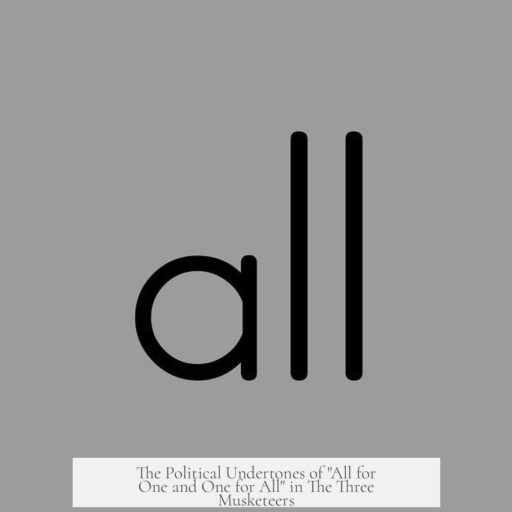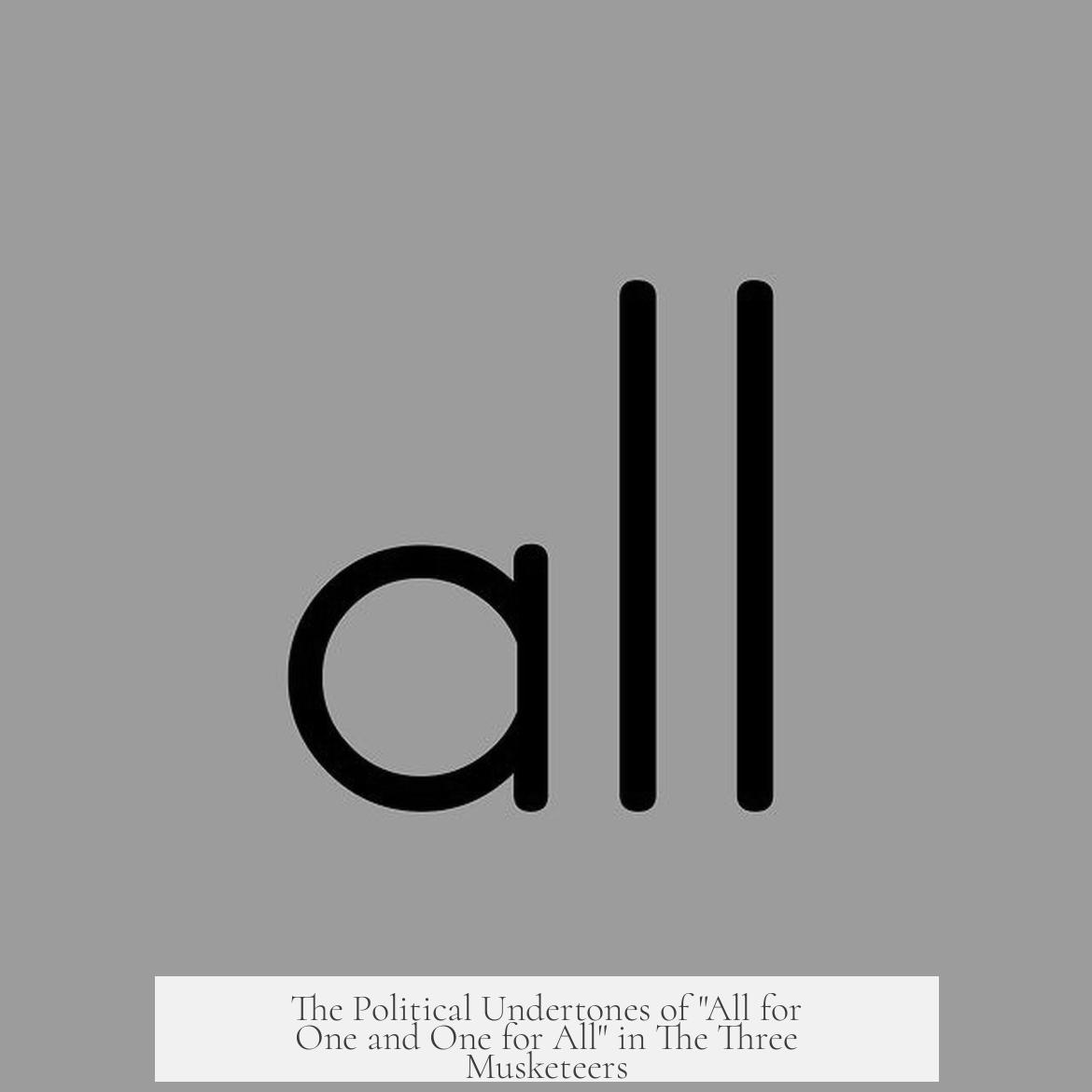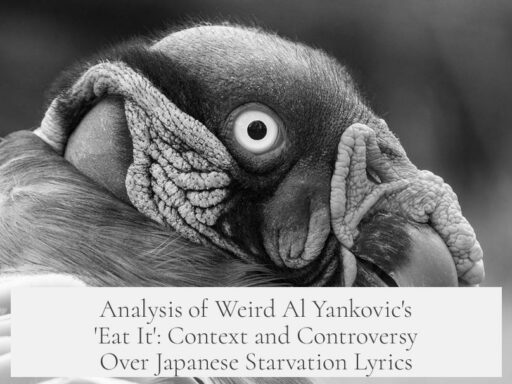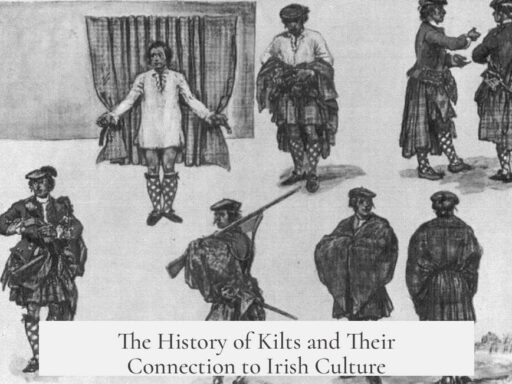The phrase “All for one and one for all” in The Three Musketeers is not a slight jab at the monarchy but rather a personal motto symbolizing the deep loyalty among the three friends, Athos, Porthos, and Aramis. This motto reflects their mutual support and unwavering friendship, distinct from any royal or institutional loyalty.
In Alexandre Dumas’s original novel, this motto belongs exclusively to the three musketeers, not the entire military unit or the monarchy itself. They use it to express the idea that every member of their trio defends the others and, in turn, is defended by them. Their bond is egalitarian, characterized by a firm commitment to protect one another in difficult situations.
The Musketeers of the Guard, whom these characters belong to, have the primary duty of protecting King Louis XIII. Their service to the monarchy forms a backdrop to their adventures but is separate from the personal loyalty encapsulated in the motto. In this context, the phrase does not serve as a critique of the monarchy but highlights the close friendship that helps them fulfill their royal obligations.
As time passed, popular culture and film adaptations broadened the phrase’s meaning. It became widely associated with all the Musketeers and sometimes interpreted as an ideal of unity and cooperation. However, this expansion moves away from Dumas’s original intent, where the motto expressed personal rather than institutional allegiance.
Furthermore, the motto’s tone and usage suggest an egalitarian spirit rather than a subtle jab at monarchical authority. It underscores friendship and solidarity among equals rather than commenting on political hierarchy or royal power.
- “All for one and one for all” is a personal motto of the three main musketeers.
- It expresses mutual loyalty and internal support, not royal or institutional allegiance.
- The musketeers serve the King, but the motto focuses on their friendship.
- Popular culture expanded the motto’s meaning beyond its original scope.
- The phrase is egalitarian, not a critique of monarchy.
Is “All for one and one for all” in The Three Musketeers a slight jab at the monarchy?
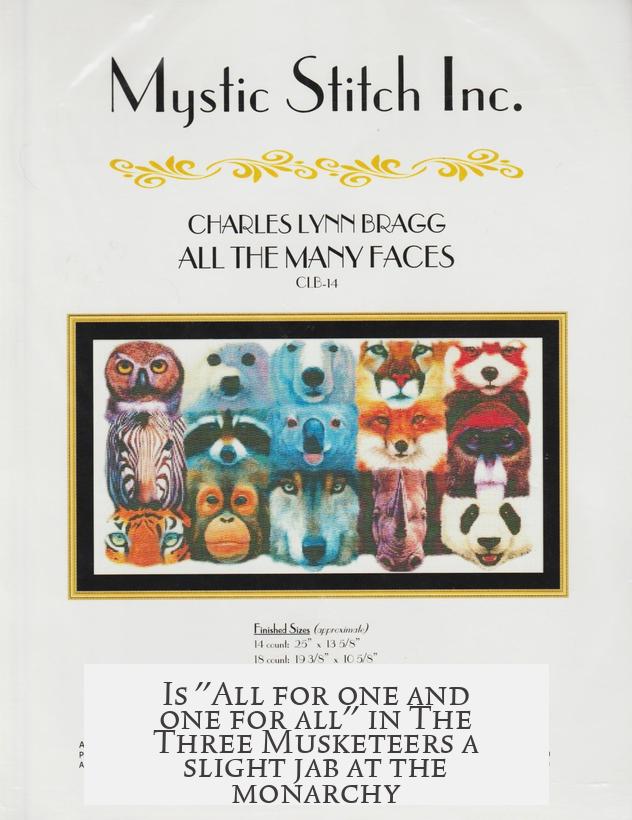
Short answer: No, the famous motto “All for one and one for all” in The Three Musketeers is not a sly swipe at the monarchy. It’s actually a personal motto shared by Athos, Porthos, and Aramis, highlighting their deep friendship and mutual loyalty rather than any political commentary.
Now, let’s unravel this classic phrase’s origins, meaning, and cultural journey to understand why it remains a symbol of friendship—not a subtle dig at kings and queens.
From Personal Bond to Pop Culture Rallying Cry
Picking up The Three Musketeers by Alexandre Dumas, you quickly notice that “All for one and one for all” isn’t an official military or royal motto. It’s a private chant among three friends, Athos, Porthos, and Aramis. They forge this phrase as their own seal of unity, not as a badge of royal allegiance.
Imagine these musketeers stepping aside from the pomp and circumstance of their official duties just to say, “Hey, we have each other’s backs always.” That’s the spirit here. This expression symbolizes a tight-knit group where mutual support is paramount and equality among friends reigns.
So, What Does This Motto Really Mean?
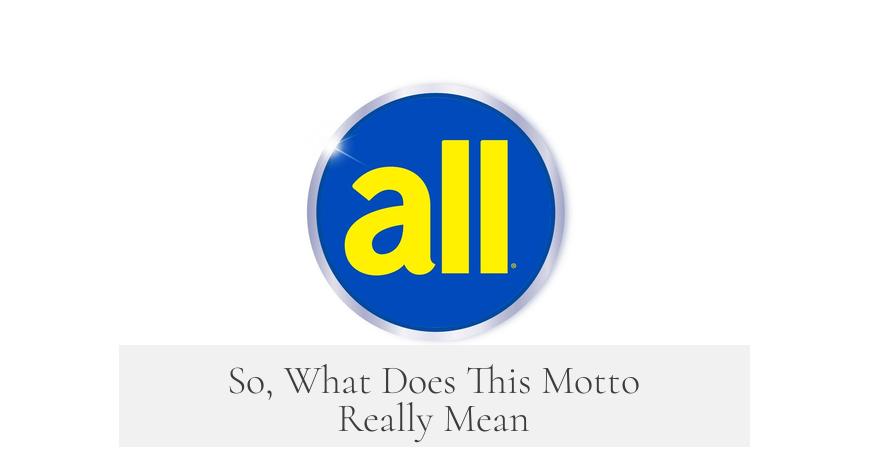
The motto reflects an egalitarian loyalty within the trio—a pact among equals. Each musketeer pledges himself to protect the group as a whole, and in return, the group looks out for every single member. It’s less about hierarchy and more about a circle of trust. They help each other out when danger looms and stand as a united front in adversity.
Contrast this to the monarchy, where loyalty typically flows upward—to the King or Queen. The musketeers’ bond operates in a parallel but distinct realm. While their official job was guarding the King, their motto doesn’t shout royal allegiance; it whispers friendship, camaraderie, and trust. It’s a club motto, if you will, rather than a state slogan.
But Didn’t the Musketeers Work for the King?
Indeed, the real Musketeers of the Guard served as elite royal bodyguards—officially devoted to protecting the King of France. They pursued royal interests, upheld monarchical power, and acted as enforcers of the crown’s will.
The novel respects this relationship. The musketeers don’t mock or challenge the monarchy outright. Instead, their personal motto exists alongside their duties. It’s the difference between professional responsibility and personal allegiance. The phrase champions friendship among the men—not a political stance.
How Did the Motto Become a Symbol for the Whole Musketeer Group?
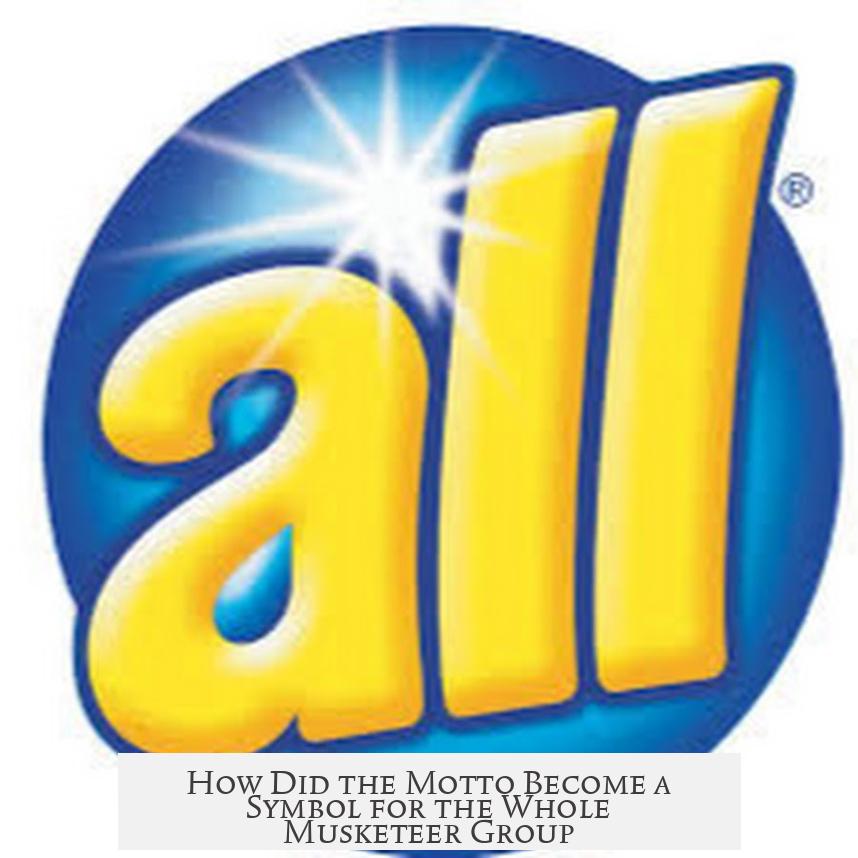
Over time, through films, TV shows, and other pop culture spin-offs, the phrase “All for one and one for all” expanded from being the trio’s personal motto to an all-encompassing slogan for the Musketeers and even a broader symbol of unity under royal service.
This isn’t what Dumas wrote. Rather, it’s a retrofitted meaning layered on by storytellers big and small. So, if you blame anyone for over-glorifying the phrase as a rule for monarchy loyalty, point a finger at Hollywood and creative adaptations rather than the original text.
Is There Any Hidden Political Critique in the Phrase?
This is where some might ask if the motto subtly mocks the monarchy’s strict hierarchy by emphasizing equality. However, the evidence leans away from this idea. The motto expresses egalitarian friendship, but it’s not a direct or even veiled critique of royal authority.
It’s better understood as a celebration of personal bonds—something that exists besides and alongside the political structure. The musketeers’ loyalty to their King is clear and unwavering throughout the story. The motto simply highlights the equal support they offer one another within that framework.
What Can We Learn from This Tale of Loyalty?
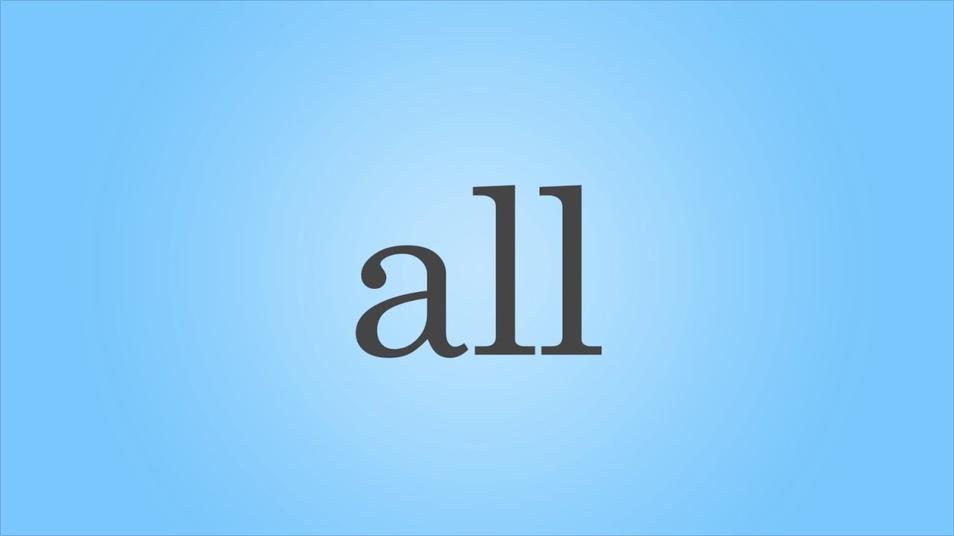
- Personal bonds trump hierarchy: The musketeers show us that true loyalty often starts with relationships grounded in respect and equality.
- Symbolism evolves: Phrases and mottos change meaning over time, influenced by culture and media. What began as a friendship motto now symbolizes swashbuckling unity beyond the book.
- Context is king: Always consider the original setting before assigning political meaning to literary phrases.
It’s interesting how a phrase can grow in cultural weight. The musketeers’ motto reminds us that sometimes, it’s simply about friendship and solidarity, not royal intrigue or rebellion.
Final Thoughts: Friendship, Not a Royal Jab
The famous line “All for one and one for all” stands as a timeless emblem of mutual loyalty between friends, not an undercover jab at monarchy. The musketeers are skilled servants of the King, but they are also comrades bound by a promise to never let each other down.
“The phrase captures their bond, not a royal political message.” — Literary historian
Next time someone suggests this motto was a sly critique of monarchic power, you can confidently say: “Actually, it’s a shoutout to friendship in the face of duels, intrigues, and corseted court politics.”
So, what does this tell us about loyalty today? Maybe it reminds us to protect our close circles as fiercely as the musketeers—and keep royal commentary off our friendship t-shirts.
After all, isn’t it refreshing when a phrase means exactly what it says?
Is “All for one and one for all” the official motto of the Musketeers or the monarchy?
No. It was the personal motto of Athos, Porthos, and Aramis. The official Musketeers of the Guard had no such motto. It was not connected directly to the monarchy’s slogans.
Does the motto “All for one and one for all” criticize or jab at the monarchy?
No. The phrase reflects strong friendship and mutual support among the three musketeers. It doesn’t serve as a critique of the monarchy.
How does the motto relate to the Musketeers’ duty to the King?
The Musketeers protected the King as part of their official role. The motto emphasizes loyalty within their friend group, separate from their royal duty.
Why do many people associate the motto with the monarchy or all Musketeers?
Later film adaptations and pop culture spread this idea. Alexandre Dumas’s original text linked the motto only to the three friends, not the entire Musketeers or monarchy.
Is the motto an example of hierarchical or egalitarian loyalty?
It expresses egalitarian loyalty among equals. The motto highlights friendship bonds, not a top-down, monarchical loyalty system.
